Get the latest financial news, insights and expert analysis from our award-winning MoneyWeek team, to help you understand what really matters when it comes to your finances.
You are now subscribed
Your newsletter sign-up was successful
Want to add more newsletters?

Twice daily
MoneyWeek
Get the latest financial news, insights and expert analysis from our award-winning MoneyWeek team, to help you understand what really matters when it comes to your finances.

Four times a week
Look After My Bills
Sign up to our free money-saving newsletter, filled with the latest news and expert advice to help you find the best tips and deals for managing your bills. Start saving today!
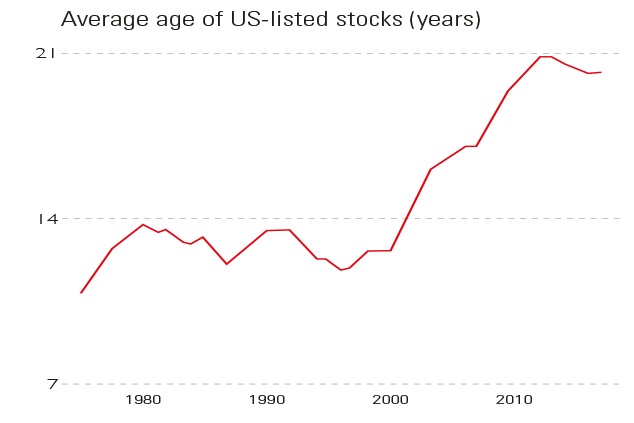
"Certain adjectives come to mind in describing the US stockmarket," say Sarah Ponczek and Reade Pickert on Bloomberg. "Sprawling, resilient and diverse." But another suitable one is "old". The average age of firms listed in the US has been rising for three decades. It's now 20 years, twice the figure seen in the 1990s dotcom craze.
The trend has developed for two main reasons.One is that these days firms stay private for longer before going public. Uber and Airbnb are about to float and are around four years older than the typical firm opting for an initial public offering 20 years ago. And once new firms list they "become prey". In a market increasingly dominated by mega caps, the giants snap up competitors fast.
Viewpoint
The Consequences of Mr Keynes
MoneyWeek
Subscribe to MoneyWeek today and get your first six magazine issues absolutely FREE

Sign up to Money Morning
Don't miss the latest investment and personal finances news, market analysis, plus money-saving tips with our free twice-daily newsletter
Don't miss the latest investment and personal finances news, market analysis, plus money-saving tips with our free twice-daily newsletter
Donald Boudreaux, Cafe Hayek
Get the latest financial news, insights and expert analysis from our award-winning MoneyWeek team, to help you understand what really matters when it comes to your finances.
MoneyWeek is written by a team of experienced and award-winning journalists, plus expert columnists. As well as daily digital news and features, MoneyWeek also publishes a weekly magazine, covering investing and personal finance. From share tips, pensions, gold to practical investment tips - we provide a round-up to help you make money and keep it.
-
 The downfall of Peter Mandelson
The downfall of Peter MandelsonPeter Mandelson is used to penning resignation statements, but his latest might well be his last. He might even face time in prison.
-
 Default pension funds: what’s in your workplace pension?
Default pension funds: what’s in your workplace pension?Default pension funds will often not be the best option for young savers or experienced investors
-
 What would the greatest mathematician of the Middle Ages say about gold today?
What would the greatest mathematician of the Middle Ages say about gold today?Sponsored Italian mathematician Fibonacci is most famous for a curious sequence of numbers. Continuing his series on technical analysis, Dominic Frisby explains what these numbers are, and what they can tell us about gold’s next move.
-
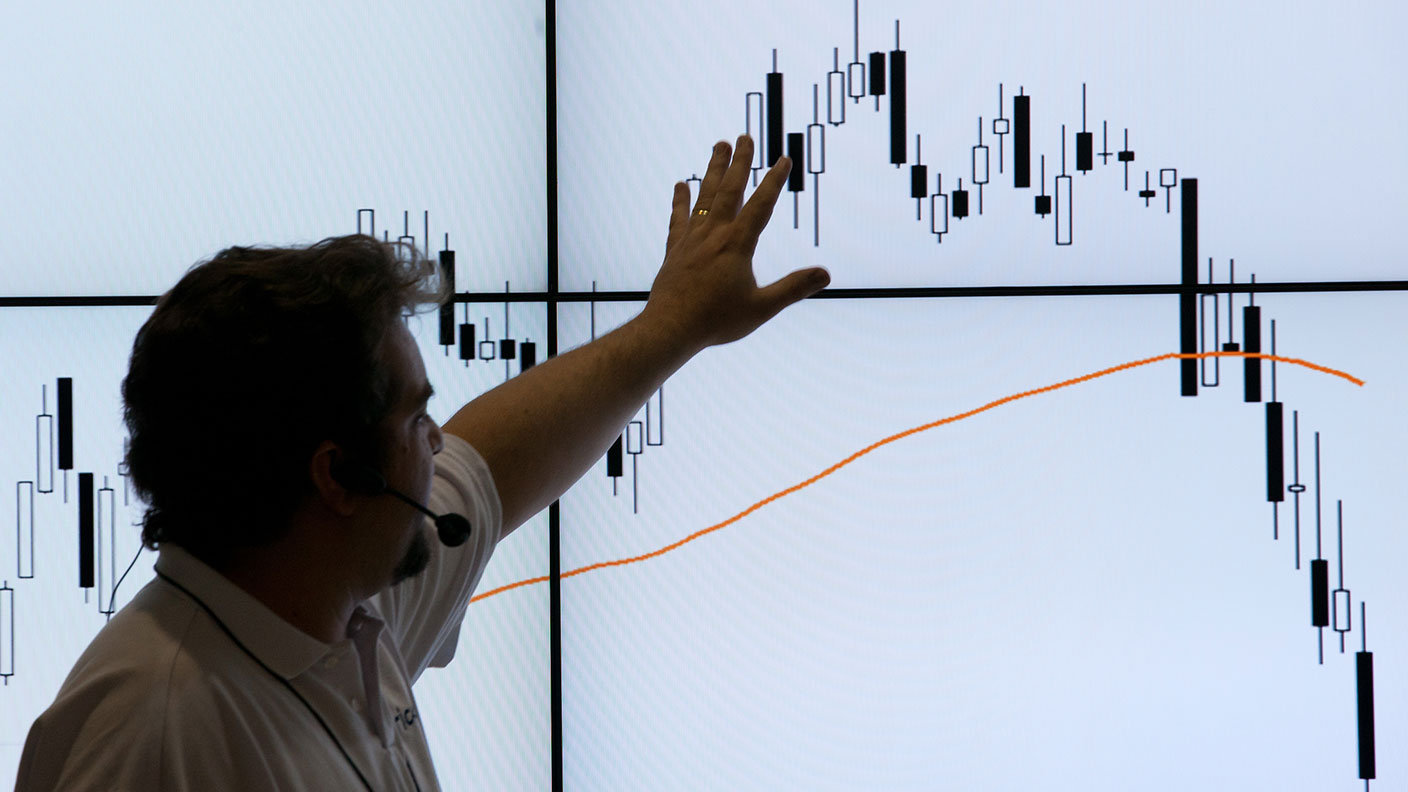 How moving averages can reveal trades worth betting on – and ones to avoid
How moving averages can reveal trades worth betting on – and ones to avoidSponsored Dominic Frisby looks in more depth at how moving averages can help you catch turning points in markets and help you decide which trades are worth pursuing.
-
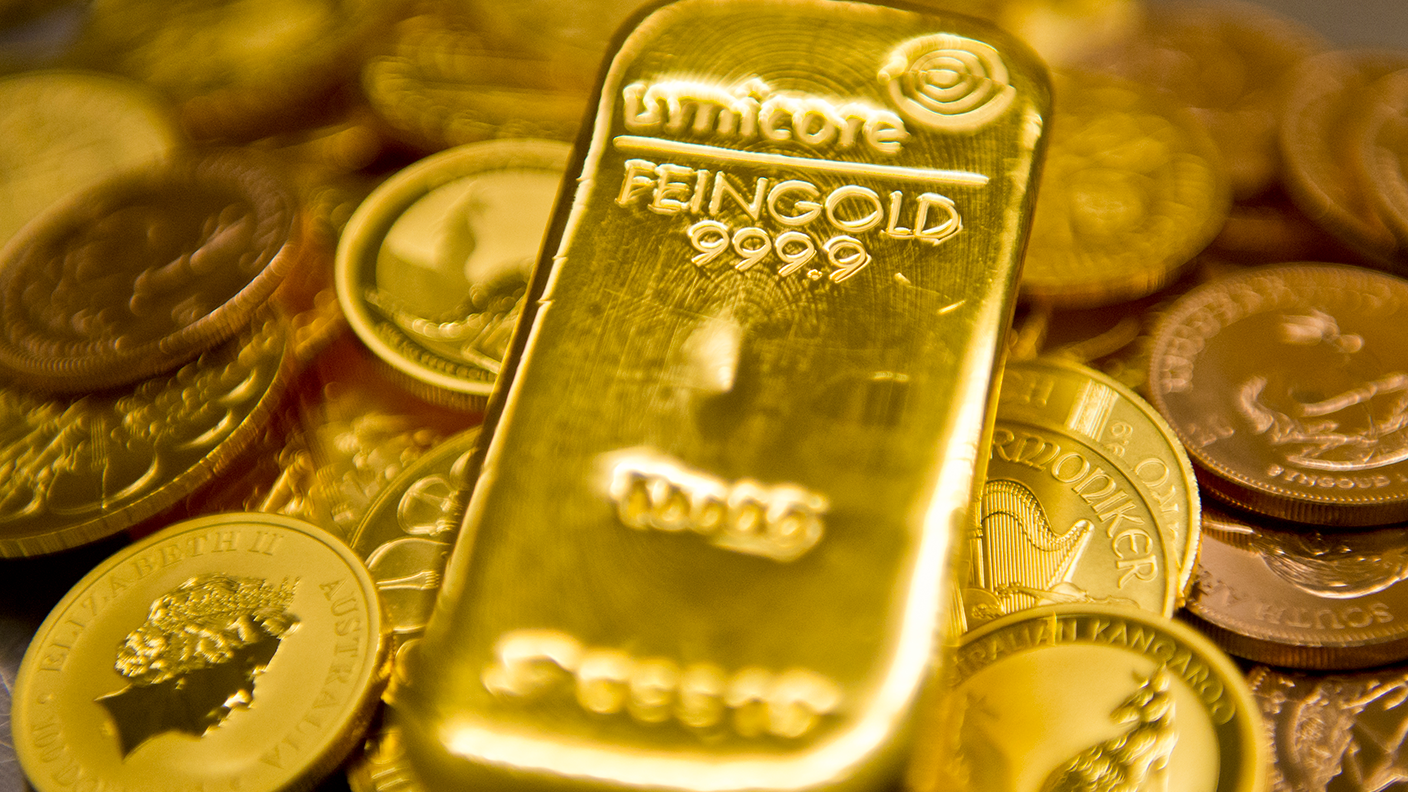 This chart pattern could be extraordinarily bullish for gold
This chart pattern could be extraordinarily bullish for goldCharts The mother of all patterns is developing in the gold charts, says Dominic Frisby. And if everything plays out well, gold could hit a price that investors could retire on.
-
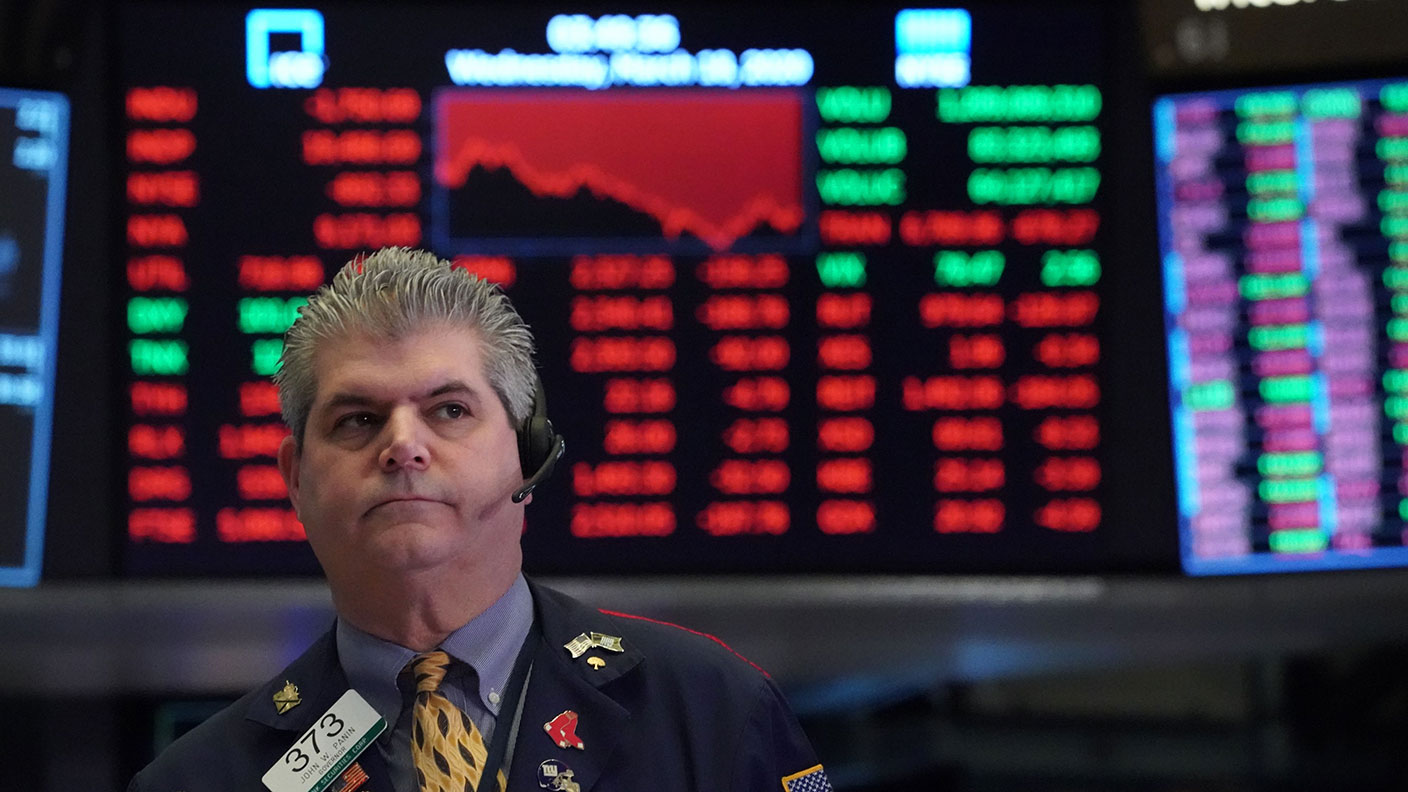 Believe it or not, this market is a “buy”
Believe it or not, this market is a “buy”Charts With the world in the state it’s in and the market so volatile, buying stocks right now might go against all your instincts. But that’s just what you should be doing, says Dominic Frisby. Here, he explains why.
-
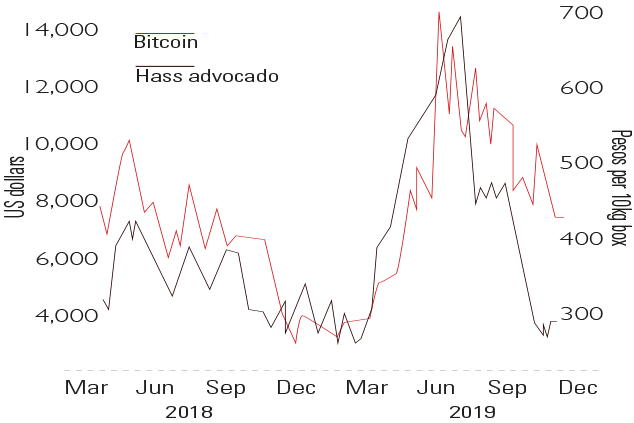 Chart of the week: avocados and bitcoin are in sync
Chart of the week: avocados and bitcoin are in syncCharts An amusing new spurious correlation has been spotted between the price of bitcoin and Mexican Hass avocados. In reality, of course, they have nothing to do with each other beyond “superficial price action”.
-
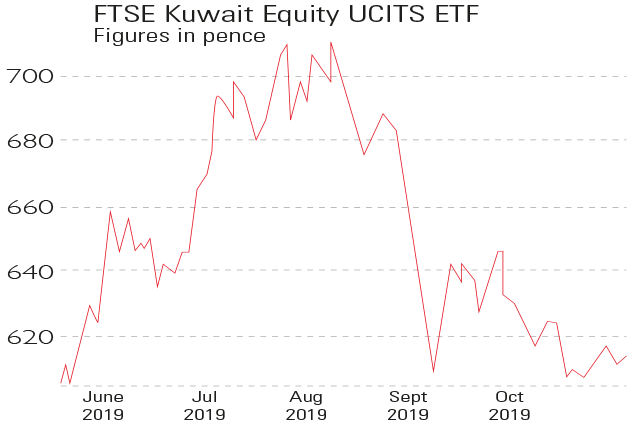 Chart of the week: Kuwait's stockmarket is ready for take-off
Chart of the week: Kuwait's stockmarket is ready for take-offCharts Kuwait's stockmarket is due to be promoted from “frontier” status to an emerging market by index provider MSCI next June. That should entice almost $10bn of global investors’ cash into the country.
-
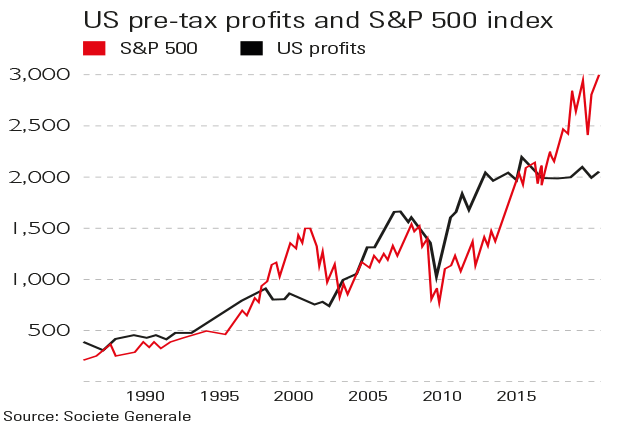 Chart of the week: US stocks outrun profits
Chart of the week: US stocks outrun profitsCharts The US stockmarket has become totally detached from underlying profits of its constituent companies over the past three years.
-
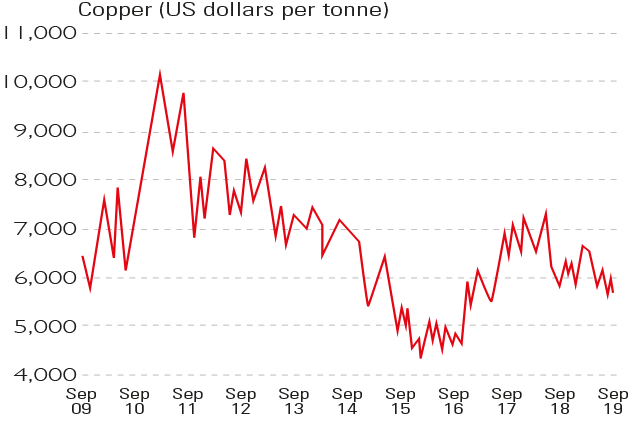 Chart of the week: Dr Copper diagnoses an ailing economy
Chart of the week: Dr Copper diagnoses an ailing economyCharts The price of copper has slipped by a fifth this year and is now at a near-two-year low of around $5,600 a tonne.

